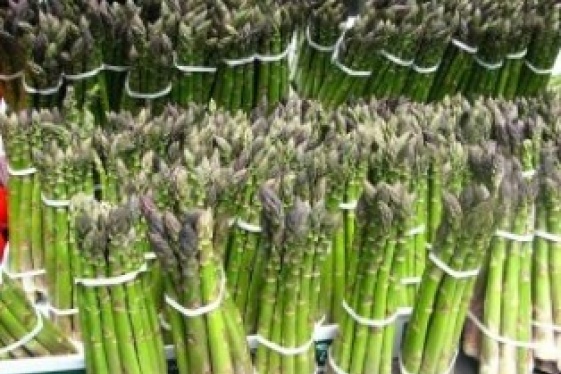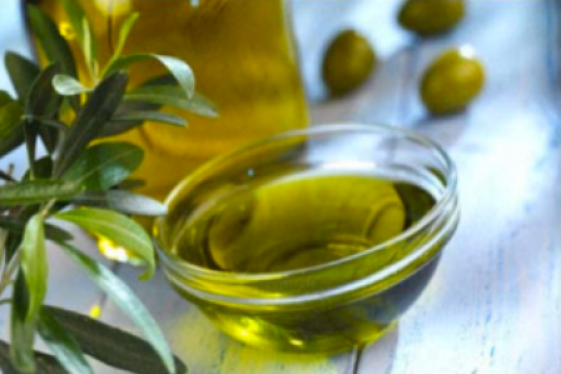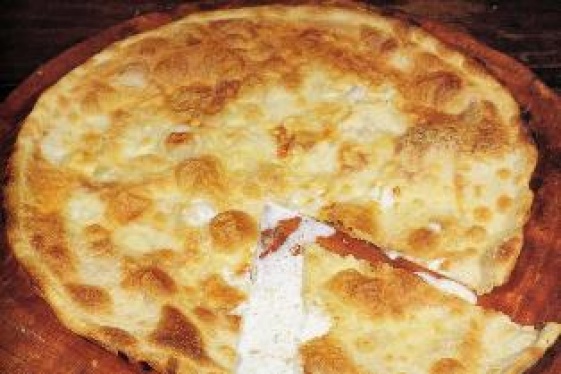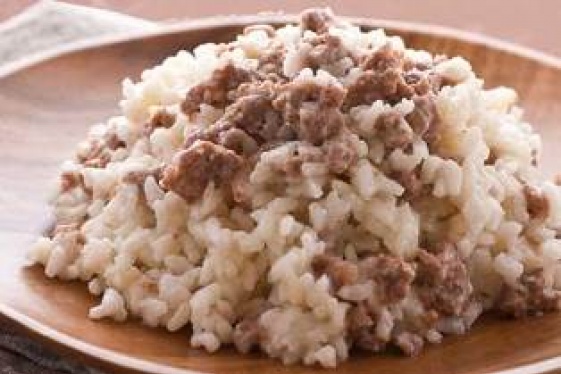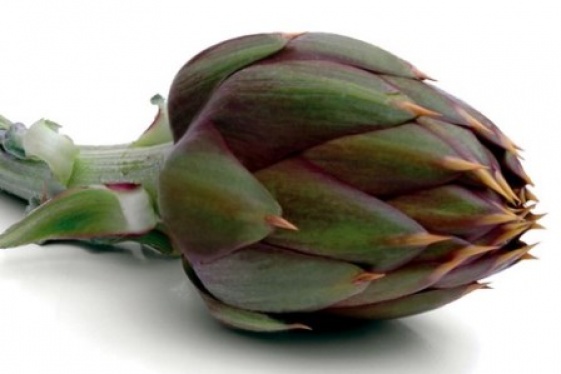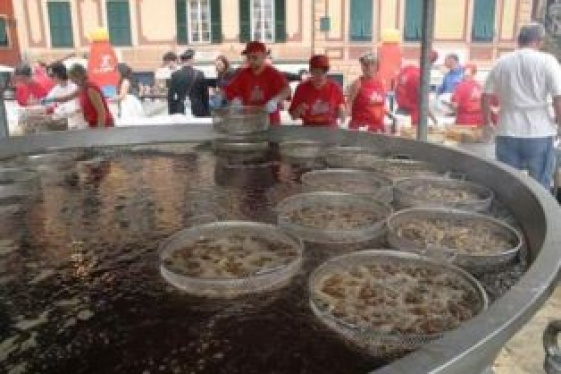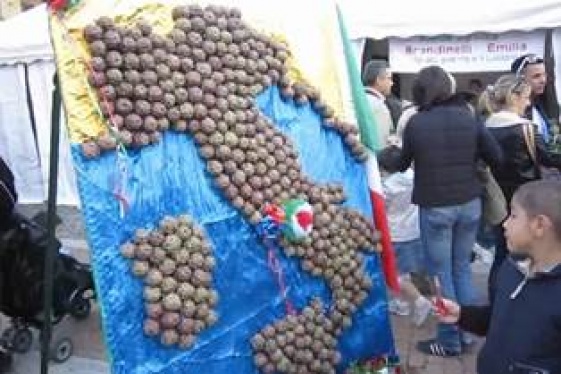Italian flavors: Asparagus festival, Mesola
WTI Magazine #26 2014 Apr, 18Author : folclore.it Translation by: The green asparagus from Mesola, in the Po Delta, is one of the finest in the area. The land of sand with little humus on the surface and the climate have created the ideal environment for the spread of the asparagus in these territories.
READ MOREItalian flavors: Aprutino Pescarese
WTI Magazine #66 2015 August, 21Author : MIPAAF Translation by: The first evidence of olive growing in Abruzzo date from the period of Roman domination, when the protectionist measures adopted by Rome favoured an expansion of olive-growing and the olive oil industry. Virgil speaks of olive trees in the Marsica, near Lake Fucino, whil...
READ MOREItalian flavors: Focaccia Festival, Recco
WTI Magazine #32 2014 May, 29Author : folclore.it Translation by: The Recco Focaccia Festival is a tasty feast that honors the typical product of the town of Recco, the focaccia bread. All around the town there are several free distribution points of focaccia simple or with onions, as well as bakeries members of the Consortium "Focac...
READ MOREItalian flavors: Feast of Pilota risotto, Castel D'ario
WTI Magazine #28 2014 May, 1Author : folclore.it Translation by: There is a large portion of the territory of Mantua, the one between the left bank of the Mincio and the province of Verona, from Roverbella to Ostiglia, which is characterized by large expanses of land crossed by irrigation canals.
READ MOREItalian flavors: Thorny artichoke from Sardegna
WTI Magazine #54 2015 February, 20Author : MIPAAF Translation by: The artichoke is a vegetable native to the Mediterranean basin and the first evidence of its consumption as food dates back to the Egyptian and Greek civilisations. In the fourth century BC, Theophrastus mentions it in his history of plants. It was also cultivated in t...
READ MOREItalian flavors: Fish Festival, Camogli
WTI Magazine #30 2014 May, 15Author : folclore.it Translation by: Are you ready for a picturesque and unique natural scenery, where the world's largest frying pan will fry fish for visitors and vacationers in the more typical feast of Liguria?
READ MOREItalian flavors: Feast of the Roman artichoke, Ladispoli
WTI Magazine #25 2014 Apr, 11Author : folclore.it Translation by: The traditional Roman cuisine includes among its ingredients the Roman artichoke. This product is delicious and rich of organoleptic and therapeutic properties, and is celebrated in a three-day feast in Ladispoli, the Feast of the Roman Artichoke.
READ MORE


